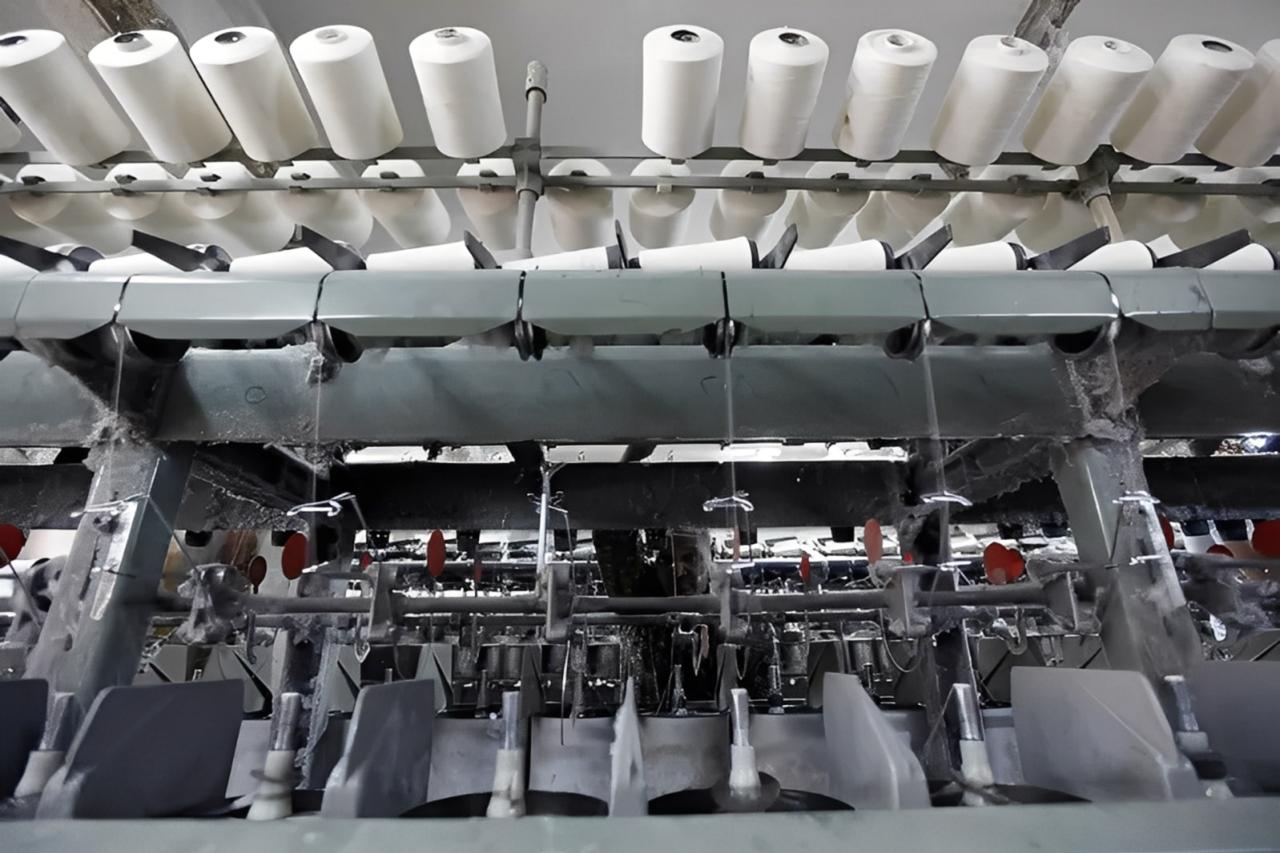
Egypt’s ready-made garment exports soared by over 23% to a record $2.21 billion in the first eight months of 2025, according to the Apparel Export Council of Egypt (AECE), driven by a surge in foreign investment from Türkiye and China.
AECE Chairman Fadel Marzouk told business-focused Forbes Middle East that exports are expected to continue growing between 20% and 23% annually over the next five years, potentially reaching $5 billion by 2030.
The United States remained Egypt’s top export market, with shipments increasing 14% to $877 million, while exports to the European Union climbed 36% to $558 million.
Sales to African markets excluding Arab countries jumped 56% to $8.6 million. Marzouk projected that by year’s end, exports could exceed $3.7 billion, marking the highest annual level ever recorded.
The export surge comes amid a broader shift in global apparel production, as many Chinese firms have moved preemptively to Egypt following U.S. President Donald Trump’s decision to raise tariffs on Chinese imports.
In August, Egypt signed a $130 million agreement with China’s Everfar Textile to establish a manufacturing facility in West Qantara, expected to create more than 3,200 jobs and serve global markets, according to Egypt’s Cabinet Information Center.
Marzouk said Turkish investment is also encouraged by high inflation and wage costs in Türkiye, while Egypt offers easy access to Turkish fabrics and raw materials that can be processed locally and re-exported as finished garments.

Egyptian-Lebanese Businessmen Association Vice-Chairman Fouad Hadraj, who operates a garment company in Egypt, said the country’s appeal lies in its lower wage costs and extensive trade privileges.
"Turkish workers earn between $1,200 and $1,500 a month, while experienced Egyptian workers earn $400–$500, and trainees make about $200," Hadraj said.
He added that Egypt’s geographic proximity to Europe and preferential trade deals enabling duty-free exports to the U.S. and EU make it an increasingly attractive destination for Turkish investors.
Mohamed Abdel Salam, head of the Ready-Made Garments and Textiles Chamber at the Federation of Egyptian Industries, said Egypt received investment inquiries from about 500 Turkish companies in 2024, with potential investments totaling $5 billion.
Around 50 Turkish firms have already relocated, either through acquisitions or joint ventures with Egyptian partners.
Egypt is implementing a three-phase modernization plan for its textile industry, set to finish in 2025, focusing on upgrading factories and expanding investment incentives in free zones.
The exporters’ association expects the market to grow about 4% annually over the next five years, driven by foreign investment and renewed interest in cotton-based production.